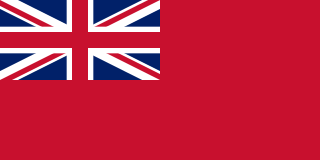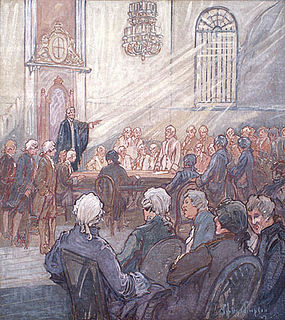Pierre Careau (October 1786 – July 15, 1856) was a farmer and political figure in Lower Canada. He represented Rouville in the Legislative Assembly of Lower Canada from 1833 to 1838 as a supporter of the Parti patriote. His surname also appears as Carreau.

The Province of Lower Canada was a British colony on the lower Saint Lawrence River and the shores of the Gulf of Saint Lawrence (1791–1841). It covered the southern portion of the current Province of Quebec and the Labrador region of the current Province of Newfoundland and Labrador.

The Legislative Assembly of Lower Canada was the lower house of the bicameral structure of provincial government in Lower Canada until 1838. The legislative assembly was created by the Constitutional Act of 1791. The lower house consisted of elected legislative councillors who created bills to be passed up to the Legislative Council of Lower Canada, whose members were appointed by the governor general.
He was born in Saint-Mathias, Quebec, the son of Joseph Careau and Dorothée Loisel. Careau married Victoire Tétrau in 1804. He was first elected to the provincial assembly in an 1833 by-election held after the death of François Rainville. Careau voted in support of the Ninety-Two Resolutions. He died at Sainte-Marie-de-Monnoir at the age of 69.
The Ninety-Two Resolutions were drafted by Louis-Joseph Papineau and other members of the Parti patriote of Lower Canada in 1834. The resolutions were a long series of demands for political reforms in the British-governed colony.





